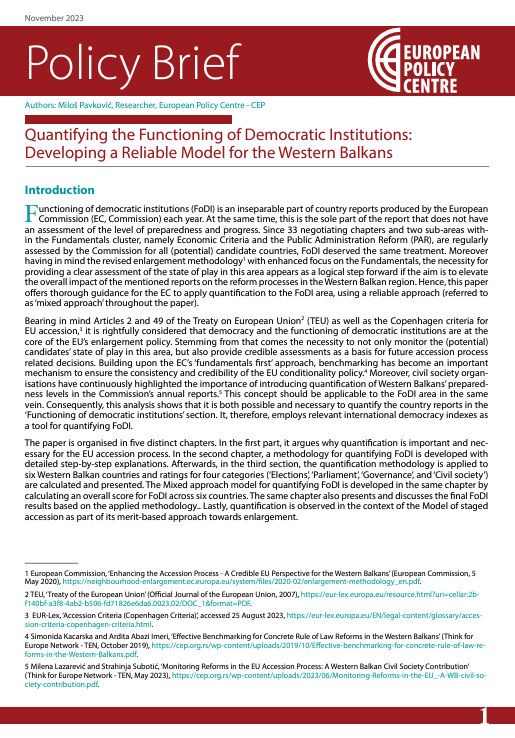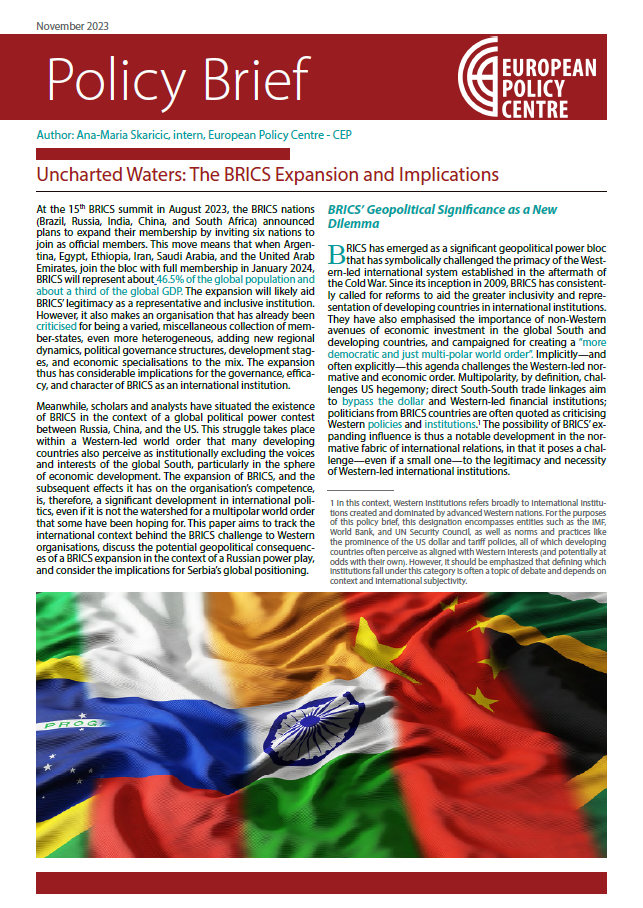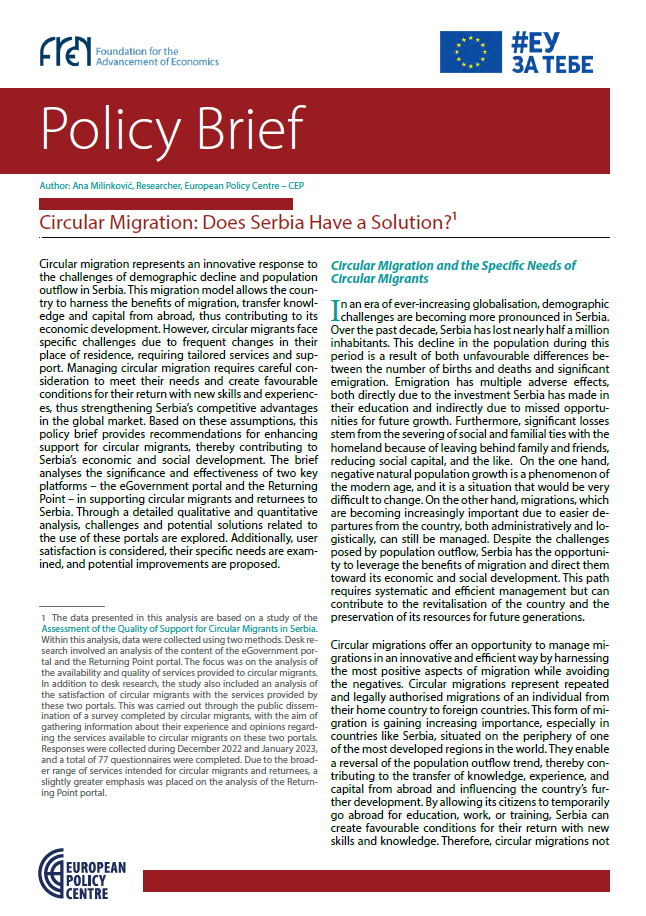Headquarters: Svetog Nauma 7, 11000
Office address: Đorđa Vajferta 13, 11000
Phone:: +381 11 4529 323
Public consultation is the process employed to involve the public and stakeholders in policymaking. The core values of this process are participation and transparency – in a process open to the public, the competent authorities, together with the target groups and stakeholders, come to policy solutions and define the desired change.
According to the Organization for Economic Cooperation and Development (OECD), public consultations are one of the crucial regulatory tools used to improve the transparency and effectiveness of regulations and policy documents.
Being part of the wider public administration reform (PAR), policymaking reforms in Serbia entail improvements in implementing consultations with stakeholders, and public debates on policy documents and legislation (hereinafter: public consultations), throughout the drafting process. By consulting the target groups throughout, the effects of the proposed solutions are assessed, and the costs minimized, which makes public consultations one of the most valuable tools in the preparation of draft policy documents and legislation. Moreover, involvement positively impacts sustainability of policies and ensure their responsiveness to real needs of the society.
However, public consultations are still insufficiently widespread in policymaking in Serbia, and when they are conducted, it is often pro forma, without ensuring the quality of the process. As a result, policies are often not adapted to the citizens’ needs, and their implementation degree is low. This further contributes to the reduced citizens’ trust in institutions, resistance to policy implementation, and ultimately, makes policies unsustainable.


